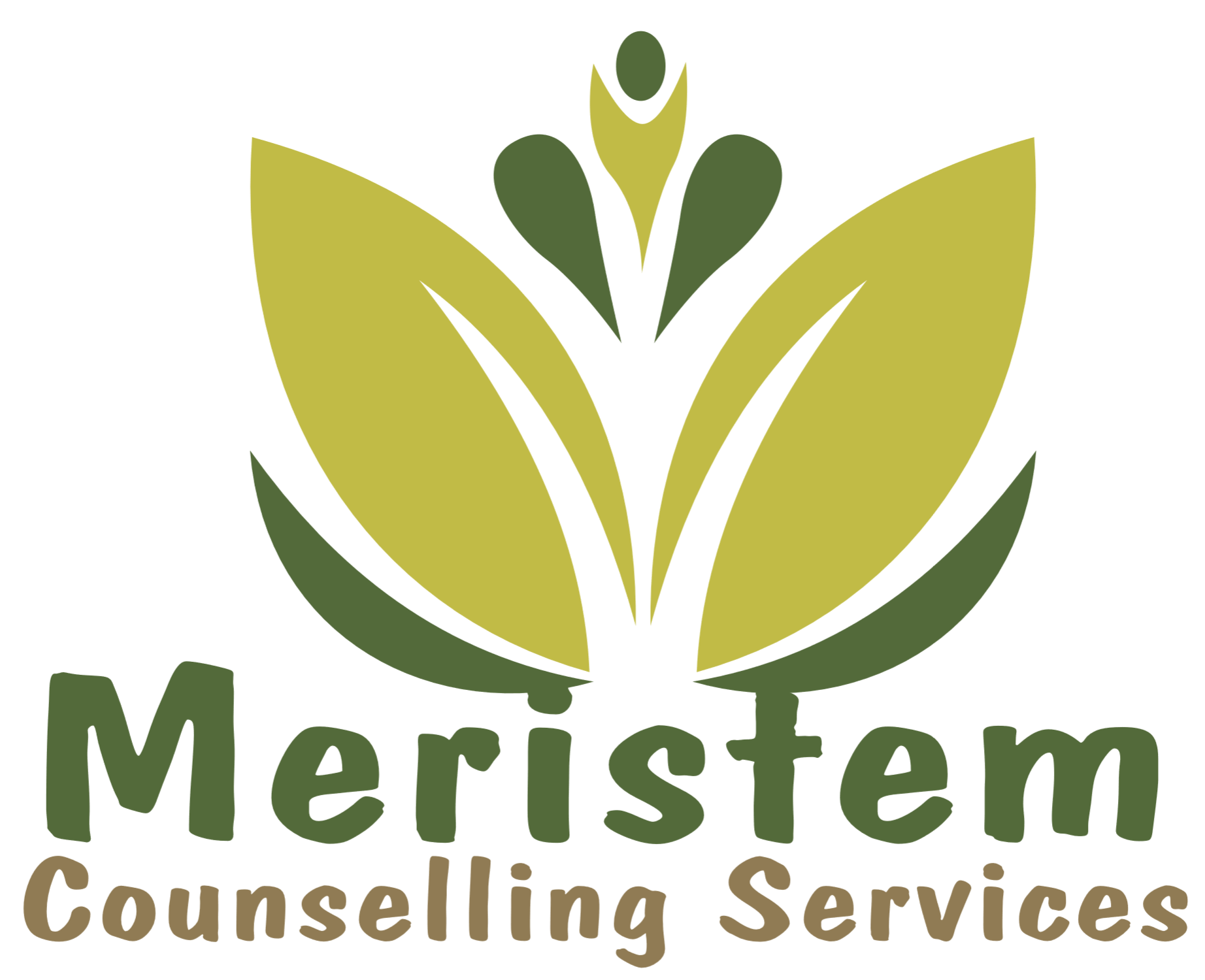Having a good fit in the client-therapist relationship plays a critical role in the success of the client in addressing their issues and treatment outcomes. Research consistently shows that the quality of the relationship between the therapist and client is one of the primary predictors of therapeutic progress in counselling. Therefore, it is important for both the client and therapist to determine whether this goodness-of-fit is present between them early on.
Aside from looking at their education and training, areas of expertise, and treatment methodologies, trust your gut. This isn’t something that is quantifiable, but you should trust your own feelings about a therapist when you meet them. If you don’t have a good connection with them, or you don’t feel as though they listened to you or understood your needs, you may want to consider finding a new therapist. A good therapist will always accept your feelings on this matter. You should never be pressured to stay or made to feel guilty.
When it comes to finding a good match for you, the connection you feel with your therapist is very important, but sometimes a connection isn’t instantly made because of reasons other than the relationship itself. Here are some good questions to ask yourself when deciding if you have a good connection with your therapist:
- Do you feel your therapist accepts you as you are?
- Do you feel your therapist understands you, or makes a sincere effort to understand you?
- Do you feel your therapist cares about you and your issues?
- Do you feel comfortable revealing personal details and feelings to your therapist?
- Do you feel you have to pretend to be someone else when you are with your therapist?
- Do you feel you can be honest with them?
- Do you feel heard by your therapist?
- Do they criticize or judge you?
At Meristem, we encourage the client to feel comfortable about assessing this important goodness-of-fit element without obligation. Our success is directly linked to client success.

